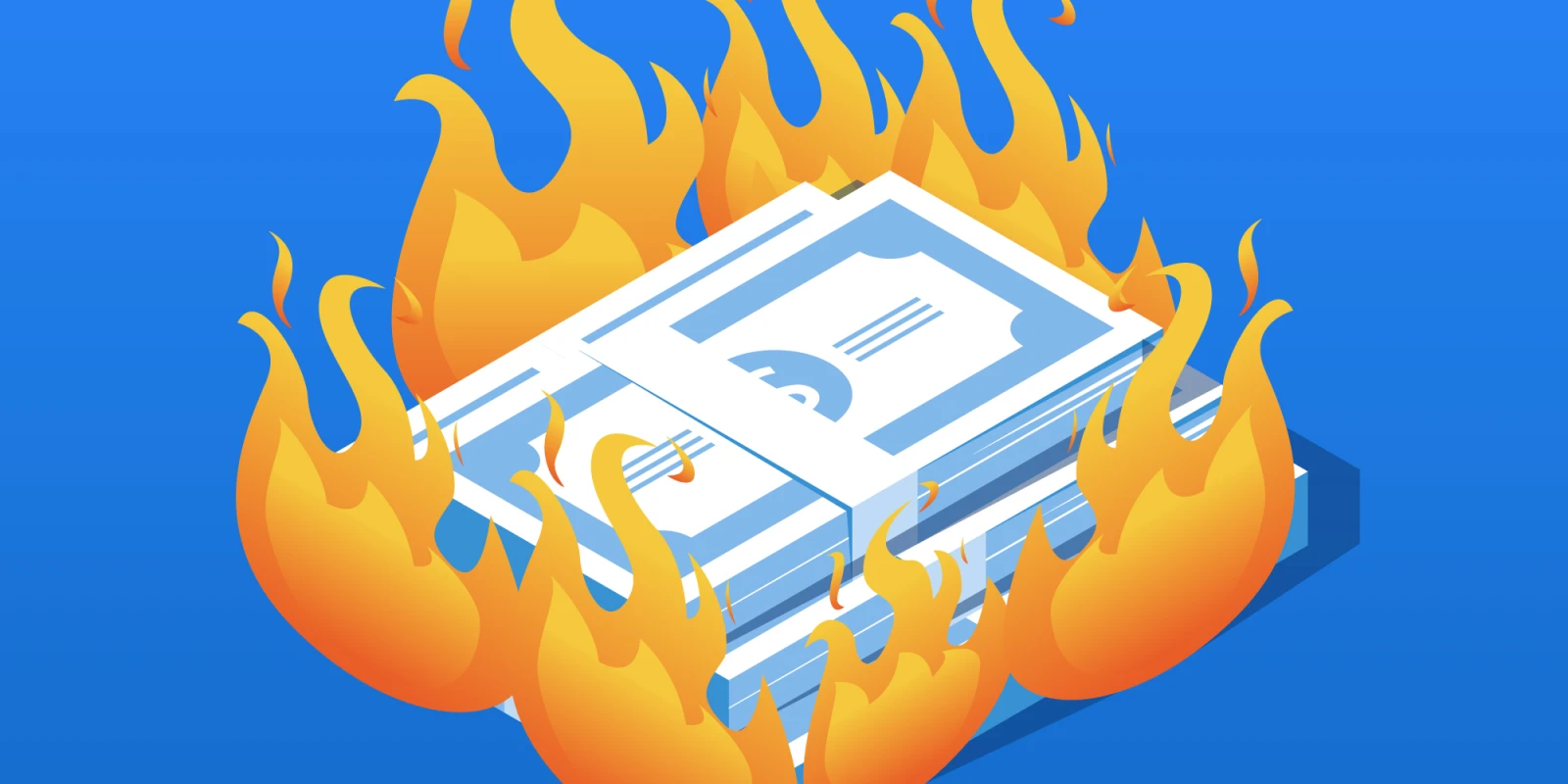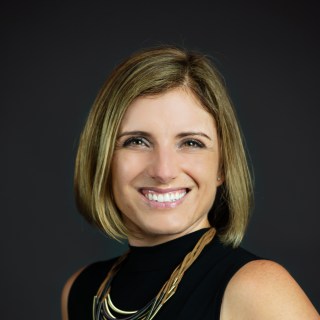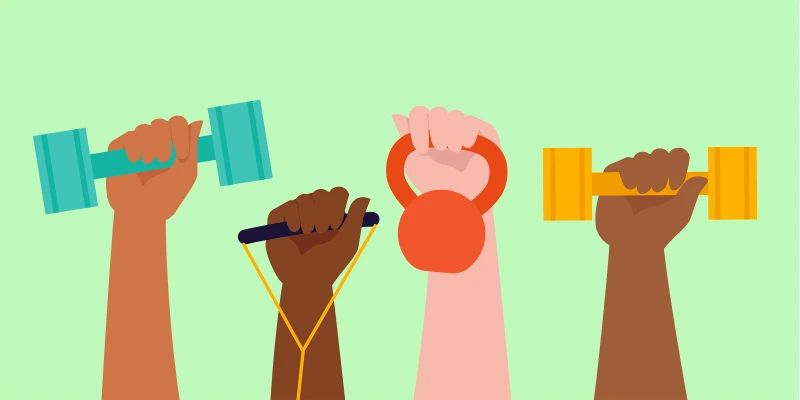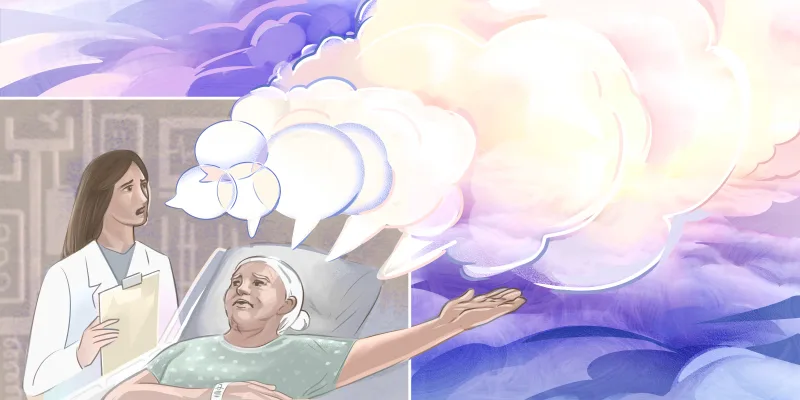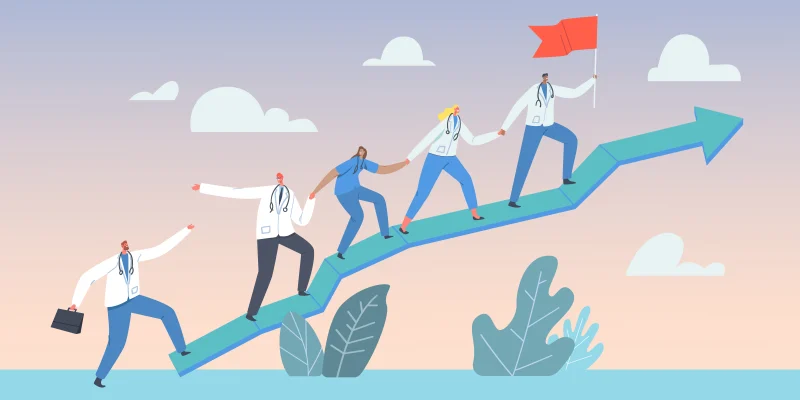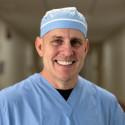
I used to feel proud thinking I was working in the best health care system on the planet.
After residency, I landed my dream job in a rural-ish community working with a group of seven other kind and easy-going veteran primary care docs who welcomed me with open arms. Once the obligatory new attending nerves died down, I hit the sweet spot of feeling purposeful, accomplished, and appreciative even. I had made it.
But then things slowly got a bit ugly over the next six years or so. Fast forward and I’m out of burnout and have my ADHD brain under a little tighter control, but something else started creeping in as I observed the following interactions, not infrequently, with frustrated patients:
Patient: “So what is this PAP, chest X-ray, and blood work panel going to cost me?”
Me: *shrug* “Wish I knew. Isn’t it crazy? Those stupid insurance companies love to play guessing games, eh?”
Patient: “I was charged $1200 for my blood work (CBC, CMP, TSH, lipid, A1C, Vit D 25-OH)! How is that possible?!?”
Me: *shrug* “Wish I knew. So ridiculous, right?!? Did you know my friend in a DPC practice could run the same labs or about $27? Someone is making a killing, eh?”
Patient: “My husband needs open-heart surgery but no one can tell us what it will cost! Who can help?”
Me: *shrug* “Wish I knew. Where else can you go and not know what something’s going to cost upfront, right? We wouldn’t go to Starbucks without knowing going into it that a grande, decaf, almond milk, sugar-free peppermint white chocolate mocha would cost $8.38, right?!?”
I noticed different unsettled and undesired feelings sinking in. It wasn’t the apathy, cynicism, disillusionment, and exhaustion I felt in burnout. It wasn’t the overwhelmed, inadequate, bored-yet-overstimulated feelings of undertreated ADHD. It was more…guilt? Shame?
Thanks to no longer being in a constant battle with my own burnout and wily brain, I was able to look around me and investigate. Scrutinize. Audit. I didn’t like what I saw. And I felt culpable. I’m not proud of this health care system, I’m disgusted with it. Yet, I’m choosing to work within it, perpetuating it. Enabling it.
This health care system does so much good because there are amazing people working in it striving to improve peoples’ lives and better the world. But put that aside, and this system detracts from the human experience. It impedes human vitality. This system has contributed to the decline of mental and physical well-being in this country.
And as long as I’m working within this health care system I’m enabling it to maintain its status quo.
We humans love pointing out enablers. We can point one out a mile away and proclaim “it’s soooooooo unhealthy to be an enabler. It’s sooooooo obvious they’re enabling, how do they not get it?”
Until it’s you in the enabler role.
What if enough of us decide we’re done enabling this health care system?
I love my idealistic daydreams of happy, balanced doctors putting their brains and talents to use at their highest levels; of U.S. citizens with legitimate opportunities for mental and physical well-being, with access to therapy and coaching and education as the foundation of primary care; of everyone having access to affordable care, not fretting over medical bills, not having to choose between mortgage or medicine.
Could we all bind together to create a more humane health care system? Do we have to wait for the politicians to step in and tell us where the health care system is going next? I don’t know. I like to think yes we can and no we don’t, respectively. But here’s what I do know: The minds, hearts, grit, guts, creativity, and intelligence in our physician community knows no bounds.
I’ve (begrudgingly) gotten involved in social media the past six months. I’ve joined 19 physician Facebook groups (though I’ve no doubt there are many more) and started one of my own, Physicians Inspired. The people I’ve “met” in these groups, the movers and shakers putting themselves out there and making a change in our system — it’s truly humbling and remarkable.
Many are trying to support and uplift those working in the system. There are physicians teaching others how to run side gigs ranging from real estate investing to selling hair and facial care products. There are physicians becoming life coaches to help you through anything, such as burnout, improving your sex life, negotiating contracts, changing unhealthy habits, becoming a better parent, and getting your health back on track. There are physicians leaving the system to open practices more in line with many of our ideals, such as those in Direct Primary Care. There are physicians who are fighting to change health care through political activism at local, state, and federal levels. There are podcasts like “Fixing Healthcare” with Robert Pearl and Jeremy Corr exploring ideas for fixing health care with various industry leaders.
What we can do together is limitless. But first, we have to own what we’re doing now. We are not victims in and of a system. We are choosing to work in it. Owning this part of our story just may be the most empowering thing we can do. We can’t change that which we don’t own.
I don’t know where I’m going next, but just as burnout wasn’t my final stop, my role as an enabler will not be either.
Hi, my name is Melissa Kwak, MD. I’m a family physician who has chosen to stay in her current job employed within a dysfunctional health care system for the time being because I like the stability, I like my paycheck, and I’m scared to leave, afraid of the unknown. I am a health care system enabler, but this is far from the end of the story.
Melissa Kwak, MD is a family physician practicing full-time. She found a way out of burnout and is helping other physicians do the same through her life coaching practice. Dr. Kwak is a 2019-2019 Doximity Fellow. The article is her own and doesn't necessarily represent her employer's positions, strategies or opinions.
